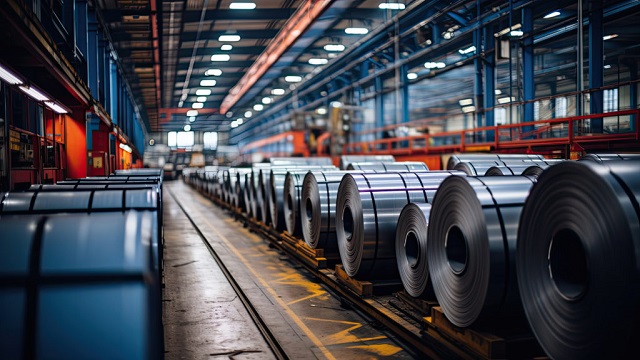U.S. Cites National Security to Defend Steel Tariffs Against India at WTO
The United States recently told the World Trade Organization (WTO) that it placed tariffs on Indian steel and aluminum to protect its national security. These tariffs, which the U.S. introduced in 2018, add extra taxes to steel and aluminum imports from several countries, including India. The U.S. government believes these metals are important to its defense and economy, so it wants to reduce its dependence on foreign supplies.
India disagreed with the U.S. decision and brought the issue to the WTO. India said the U.S. tariffs break international trade rules. In response, the U.S. defended its actions by saying it has the right to protect its national interests. It claimed that security needs allow countries to take special actions, even if those actions go against normal trade rules.
During the recent WTO meeting, the U.S. argued that it did not target India unfairly. Instead, it applied the same tariffs to many countries, and national security, not trade advantage, guided the decision. The U.S. also said that it needs a strong steel and aluminum industry in case of war or other emergencies. It explained that foreign competition can weaken its local industry and make the country vulnerable.
India, however, believes that the U.S. is using national security as an excuse to protect its industry from fair competition. India wants the WTO to step in and say that the U.S. tariffs are illegal. India also took retaliatory steps by placing its own tariffs on some U.S. products.
The case shows how countries sometimes mix security concerns with trade policies. It also shows how difficult it is for the WTO to handle such disputes. The WTO usually supports open trade, but it allows exceptions for national security. Now, the organization must decide if the U.S. used that exception properly.
This issue may affect other trade relationships too. If the WTO rules in favor of the U.S., more countries might use national security to justify tariffs. If it rules against the U.S., countries may need to follow trade rules more strictly, even during times of tension.

